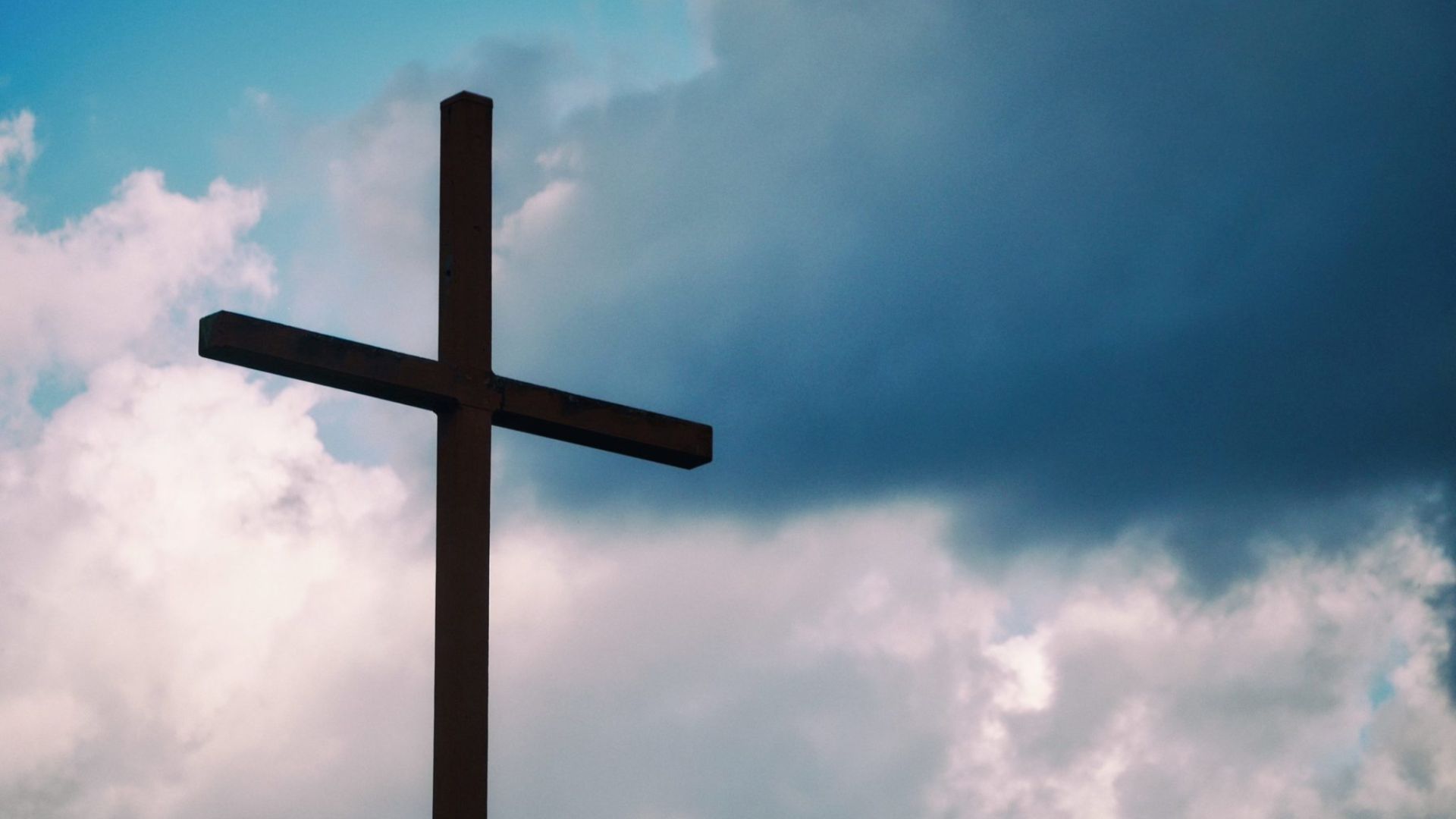“We Were Hoping …”

We don’t normally give as much attention to the Saturday between Good Friday and Resurrection Sunday. But out of all of the days that we celebrate during the passion week, Saturday may be the day that connects most with our day-to-day experience as believers in Christ.
Good Friday, Jesus died for our sins, laying the ground for our justification and our reconciliation with God. Resurrection Sunday, our eternal life was secured, our hope vindicated, our Lord glorified forever more. But between those two days—so far the most awful day and the most glorious day in redemption history—we wait, wonder, pray, and contemplate, and trust.
What does the Bible say was happening on this day? Several things.
Jesus’s body lay in the tomb. But he himself was in paradise as he said (Luke 23:43).
Also, it was the sabbath day for the Jews. In fact, it was a “high sabbath” (John 19:31), because it was a sabbath observed during the Passover week. That means it was a day of no work and no travel. A day with a special service in the synagogue. So it was naturally a day of quiet contemplation.
But the fact that it was the sabbath day did not stop the chief priests and Pharisees from seeking audience with Pilate to ask for heightened security for the tomb. They feared that the disciples would steal the body and pretend that Jesus’s claim had come true, that he had risen from the dead on day three. So Pilate gave them some soldiers to guard the tomb (Matthew 26:62–66).
But in reality, the thought of stealing the body probably never crossed the minds of the disciples, not even once. Without Jesus propping them up from time to time, they do not appear in the Gospels to be the adventurous sort. In fact, they were all in hiding on this day. Peter had brought a sword along the night Jesus was betrayed. But when the soldiers showed up to arrest him, Mark 14:50 tell us, “They all left him and fled.” In John 20:19 we find the disciples behind locked doors, fearing that the Jewish authorities would arrest them next and bring them to trial. This fear is highlighted by Peter’s vehement denial of the Lord.
This is the image we have on Saturday. The disciples, huddled together in fear, keeping out of sight, their images of a kingdom dashed, their Lord having been taken from them and made to suffer the unspeakable horrors of crucifixion. They are distraught, sorrowful, stunned, disillusioned. Jesus had said to them on so many occasions that it could almost be a pet name, “O, you men of little faith.” And here they were now, despite Jesus’s promise that he would rise again, demonstrating that very lack of faith. Their feelings may be best summarized by the two men on the road to Emmaus, unaware that Jesus was truly alive, who said, “We were hoping that he was the one to redeem Israel” (Luke 24:21).
That’s what this Saturday represents. It represents that we are living in hope. Hope that we will be ultimately rescued from sin and death. Hope that the Lord will sustain us on earth with his grace. Hope that we and those we love will be rescued from present trials, or be given the strength to endure those trials.
But our hope is remarkably different than the hope of that first “Holy Saturday.” disciples. Their Saturday fell between the cross and resurrection, marked by promises that seemed to them to hang by a thread. But today we live between the resurrection and the return of Christ, marked by promises of our appearing with him and like him. Our greatest hope, a living, returning Christ, has already been realized. Hope for us is not something we wonder if we should cling to. Hope for us is an assurance. Those first disciples only “were hoping.” But we “are hoping,” trusting the Lord with confidence. May God give us grace to trust him even more.
